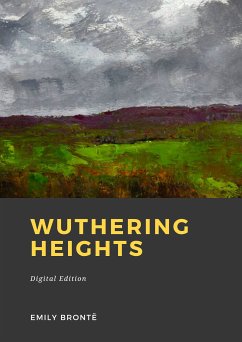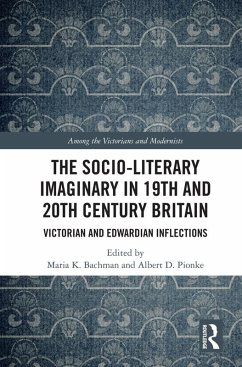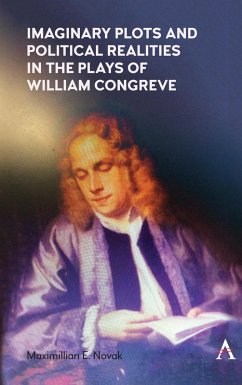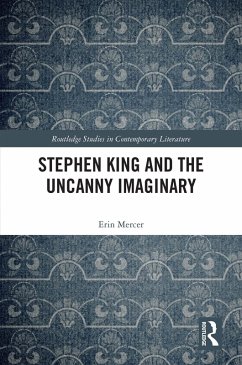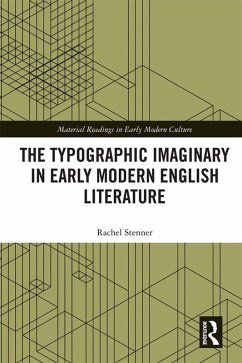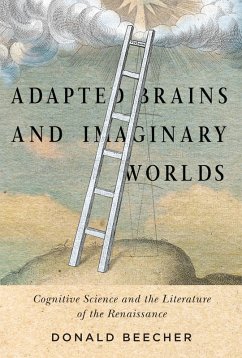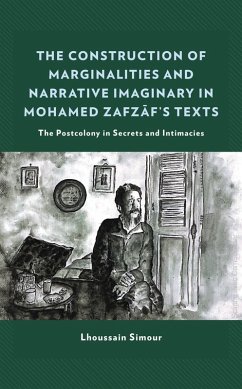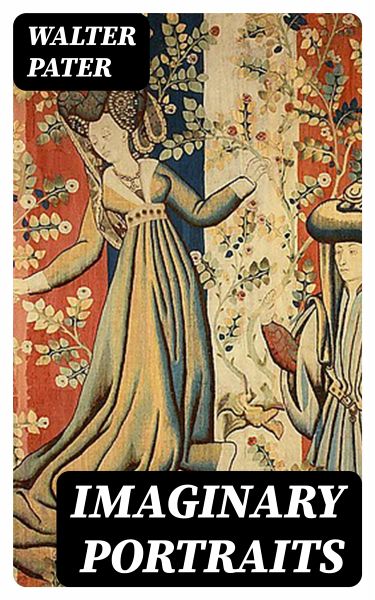
Imaginary Portraits (eBook, ePUB)

PAYBACK Punkte
0 °P sammeln!
Walter Pater's "Imaginary Portraits" is a collection of finely crafted sketches that delve into the inner worlds of historical and fictional figures. Through rich, impressionistic prose, Pater intertwines aestheticism with intricate psychological exploration, reflecting the Victorian fascination with art and individuality. Each portrait is imbued with a sense of the ephemeral, capturing the essence of his subjects in evocative detail, while the theme of unrealized potential permeates the narratives, challenging the boundaries between reality and imagination in the literary context of the fin d...
Walter Pater's "Imaginary Portraits" is a collection of finely crafted sketches that delve into the inner worlds of historical and fictional figures. Through rich, impressionistic prose, Pater intertwines aestheticism with intricate psychological exploration, reflecting the Victorian fascination with art and individuality. Each portrait is imbued with a sense of the ephemeral, capturing the essence of his subjects in evocative detail, while the theme of unrealized potential permeates the narratives, challenging the boundaries between reality and imagination in the literary context of the fin de siècle. Pater, a pivotal figure in the Aesthetic Movement, was deeply influenced by his Oxford education and his engagement with Renaissance art and philosophy. His ideas on beauty and emotional experience, framed through his own keen sensibilities, propelled him to explore the depths of character and the multiplicity of human experience. "Imaginary Portraits" reflects Pater's keen interest in perception and representation, illuminating how such influences shaped his understanding of art and literature as vital components of human life. This book is highly recommended for readers seeking to engage with an exploration of the artistic psyche and the nature of identity. Pater's eloquent prose and innovative style will appeal to anyone interested in the intersections of art, literature, and philosophy, offering profound insights into the complexities of both historical and imagined figures.
Dieser Download kann aus rechtlichen Gründen nur mit Rechnungsadresse in A, B, BG, CY, CZ, D, DK, EW, E, FIN, F, GR, H, IRL, I, LT, L, LR, M, NL, PL, P, R, S, SLO, SK ausgeliefert werden.





